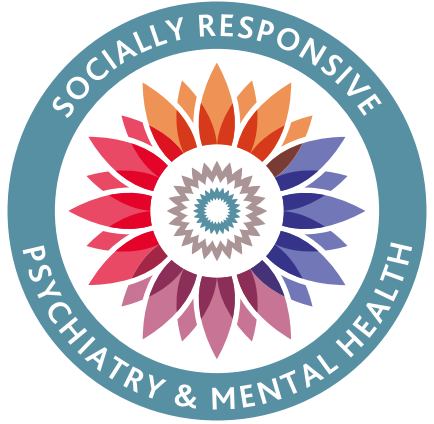Work continues across campus, reflecting innovative partnerships between UCT academics and external stakeholders, including government at all levels, local communities, national and international social movements, continent-wide organisations, institutions from the global South, and various international organisations. Our social responsiveness engagements take varied forms including:
- Research activities
- Engagement with policy development
- Public commentary on development issues and strategies
- Social outreach activities
- Programmes to empower external constituencies
- The improvement of the relevance of the curriculum
- Providing opportunities for lifelong learning
The committee identified four groups of stakeholders with whom we may have socially responsive activities or engagement, namely the public, user/carer groups, professionals and government. Examples of SR activities or engagement with the general public include the following:
- Public communication of science (e.g. through books, websites)
- Media engagement (e.g. radio programmes, public press, articles for public magazines)
- Talks to general public/schools/clubs
- Creative public engagement activities (e.g. Lentegeur Spring Project, Sean Baumann’s Cantata, creative books written for public, art exhibitions).
Examples of user/carer SR activities or engagement include the following:
- Board membership of NPO (e.g. Autism South Africa, Scholarships, etc.),
- Talks to NPO sector (e.g. WCFID, Cape Mental Health)
- User/carer engagement (e.g. open days, annual One-to-One event, family conferences)
- Educational activities involving user/carers/NPO, outreach to NPOs (e.g. to social care organizations, children’s homes)
- Policy development and engagement (with NPO sector)
- Advocacy (e.g. right to vote campaign, service user rights, access to recreational activities, disability discrimination)
- Engaged scholarship (e.g. research in partnership with NPOs, themes and topics with community based participation).
SR activities with professionals may include the following:
- Board membership of professional organizations (e.g. SASOP, CMSA etc.)
- Continuous professional development and lifelong learning (e.g. lunchtime lectures open to professionals outside department; educational activities involving professionals)
- Outreach and liaison with external professional groups e.g. in other cities, countries, socially responsive service development
- Socially-responsive curriculum development (e.g. transformation of curriculum, locally-developed textbooks)
- Engaged scholarship (e.g. research in partnership with professional groups outside UCT).
Finally, SR activities with government may include the following:
- Policy development and engagement (with hospitals, government)
- Government task teams
- Educational activities with government agencies
- Research in collaboration with government agencies.
The SR committee is keen to hear about your SR activities in the department. We welcome any ideas on creative SR projects or staff who would like to join the committee. We look forward to keeping you updated on this important portfolio. Please contact Toni Abrahams with any ideas or suggestions for the committee.
We currently have a Youtube channel where we put up a range of talks and seminars hosted by the department. The channel is 'Socially Responsive Mental Health' and can be found here.
